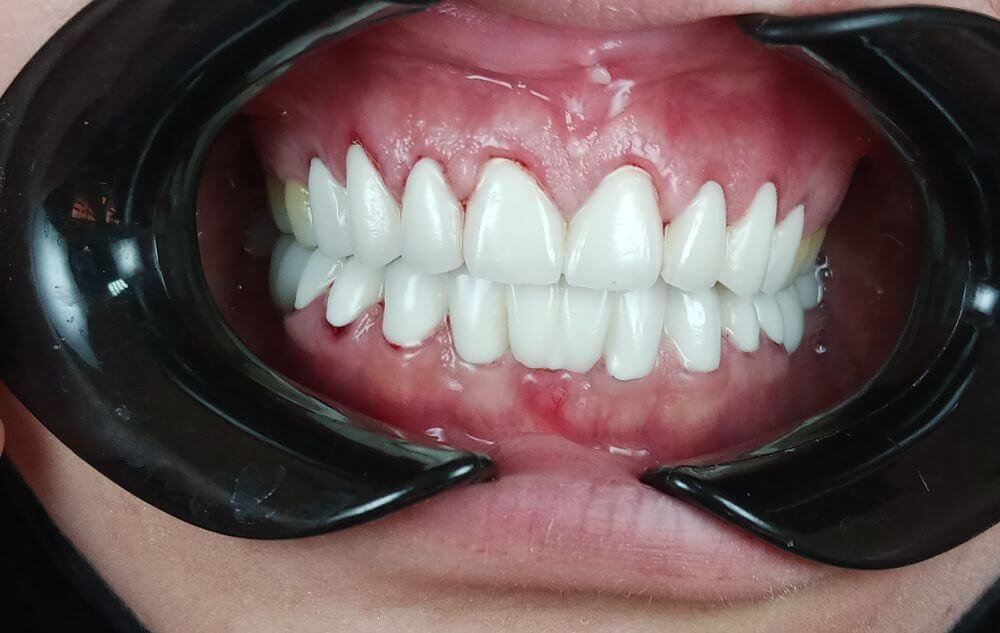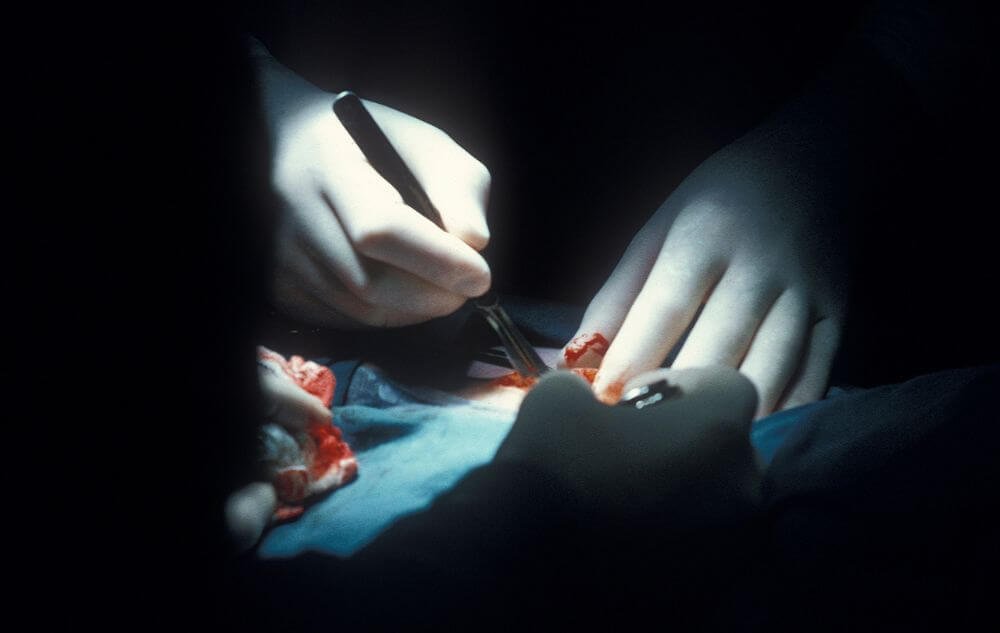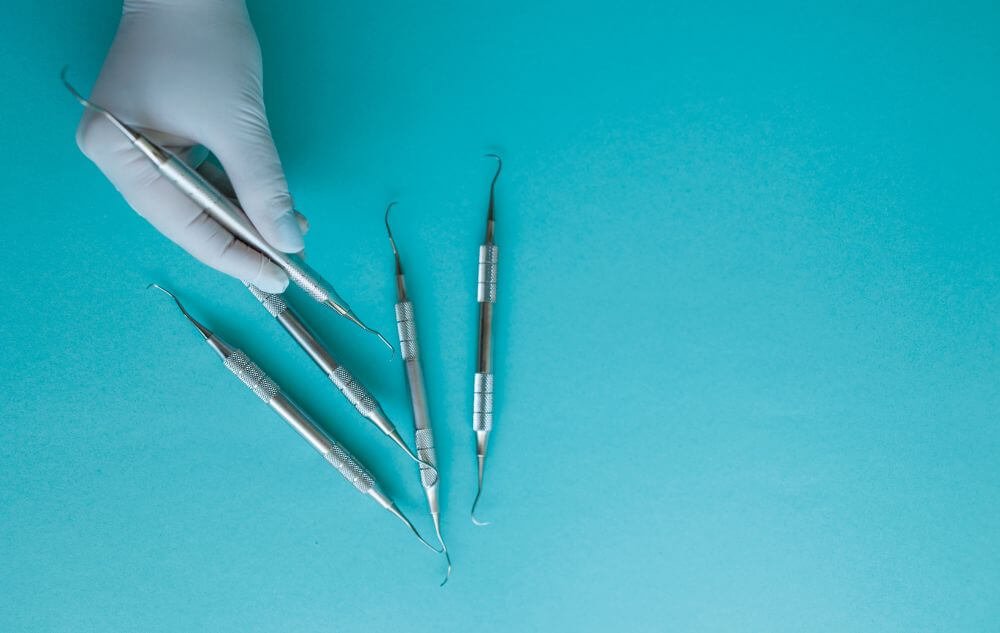Periodontal Treatments
- Home
- Periodontal Treatments
Understanding Periodontal Diseases
The Importance of Early Detection and Treatment
Periodontal diseases, such as gingivitis and periodontitis, are a common concern among many individuals. These diseases are caused by the buildup of plaque and tartar, which leads to inflammation of the gums. If left untreated, periodontitis can cause serious damage to the bones in your mouth and lead to tooth loss.
It is important to detect periodontal diseases early and take the necessary steps to prevent their progression. Good dental hygiene practices, such as regular brushing and flossing, as well as professional cleanings, can help to treat gingivitis and prevent the development of periodontitis.
At Camellia Polyclinic, Dr. Racha Farhat and her team are committed to providing patients in Beirut, Lebanon with the highest quality of dental care. If you are concerned about periodontal diseases, we invite you to schedule a consultation with us to learn more about your options for prevention and treatment.
Dental Care
Symptoms of Periodontal Disease
Periodontal disease is a serious infection of the gums and bones that support the teeth. It is caused by bacteria in plaque, the sticky film that constantly forms on your teeth. Plaque is a mixture of food debris, saliva, and bacteria. If plaque is not removed, it can harden and turn into tartar (calculus). Once tartar forms, it is much more difficult to remove.
If periodontal disease progresses, it can destroy the bone around your teeth and eventually lead to tooth loss. Periodontal disease is divided into two categories: gingivitis and periodontitis.
Periodontitis is a more serious form of periodontal disease that affects both the gums and the bone supporting the teeth. Periodontitis occurs when plaque hardens into tartar and continues to accumulate below the gum line. This causes the bone around the teeth to deteriorate. Symptoms of periodontitis include bleeding gums, swollen gums, bad breath, loose teeth, and receding gums.
Awesome Technology
Satisfaction Guarantee
Professional dentist
Patient Safety Treatment

Periodontal Treatments

Periodontal Treatments

Periodontal Surgery

Dental Equipment
We Are Ready To Serve Your Various Dental Problems
Answers to Your Gum Health Questions
Common Concerns and Solutions for Your Periodontal Needs
This section will explore some of the most asked questions regarding periodontal diseases and treatments.
Periodontal disease, like any other disease, shouldn't be taken lightly. As we've said before, it's a progressive disease that can worsen over time and can start affecting the teeth directly. Periodontal disease can cause the teeth to loosen up or even fall out entirely if left untreated.
Nevertheless, its effects aren't limited to teeth only. Bacteria from periodontal diseases can enter the bloodstream through the gum and cause serious heart problems. Periodontitis is also linked to rheumatoid arthritis, respiratory diseases, coronary artery disease, and problems controlling the blood sugar in diabetes.
The treatment for periodontal diseases can be performed by a dentist or a periodontist, depending on the severity of the case. Periodontitis, in general, is treated by surgical and non-surgical treatments.
Non-surgical treatments would include scaling, root planning, and antibiotics. In contrast, surgical procedures include flap surgery, bone or soft tissue grafts, and guided tooth regeneration.
During a deep cleaning, your provider removes plaque.
- Scaling scrapes off the tartar from above and below the gum line.
- Root planing removes the rough spots on the roots of the teeth. It helps remove the bacteria that cause periodontitis.
Your provider may prescribe an antimicrobial mouthwash or antibiotic gel. These treatments can reduce bacteria in your mouth.
Periodontitis is preventable. Take steps to prevent gum disease:
- Brush teeth twice a day.
- Floss regularly.
- Have regular dental checkups and cleanings.
- Quit smoking.
If you think you may have periodontal disease, Camellia Polyclinic can help. Our expert dentists and hygienists will work with you to determine the best treatment for your needs. Treatment options may include scaling and root planning (a deep cleaning), antibiotics, or surgery. No matter what treatment plan is right for you, Camellia Polyclinic can help get your oral health back on track.
Call Us
71 567 894


